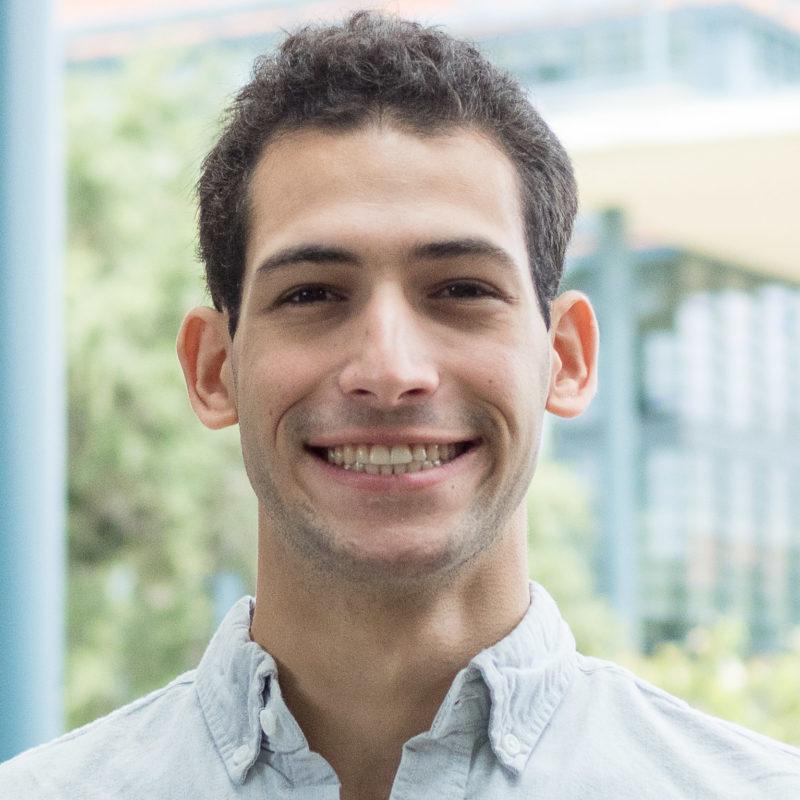Last week I penned a column condemning the decision by Tigers for Liberty to bring Dinesh D’Souza to campus on the grounds that D’Souza is both morally bankrupt and intellectually dishonest. Since then, a minor controversy has erupted after the Wendt brothers, perhaps the most prominent conservative students on campus, had the American flags outside their doors turned upside down and fliers advertising D’Souza’s lecture were inoffensively defaced and left outside their rooms with a childishly written note suggesting that bringing “controversial” speakers to campus puts Trinity and its students in a bad light. The students that did this should be ashamed of themselves (and learn how to write) but the Wendts’ response has, interestingly, adopted much of the language and demeanor of the social justice groups that conservatives so often deride: claiming harassment, professing to stand up to intimidation tactics, etc. Indeed, their decision to reach out to local and national news agencies with their story of “harassment” seems designed to gain attention as much as to express legitimate grievance. Attention-seeking is not unique to Trinity’s conservatives. A friend of mine at Columbia, describing the attempts of the Columbia Republicans to bring Milo Yiannopoulos and D’Souza to campus, said, “[It] is just purely for controversy. Attention is what they hope to gain. People forget that there are Republicans here.”
That last sentence is probably true at many college campuses, and certainly at Trinity. I can comfortably start most conversations with the presumption that the other person is a liberal who votes Democratic. As such, I imagine that many conservatives on campus feel alone, marginalized and, dare I say, stigmatized when it comes to their political beliefs. This can’t be enjoyable and their decision to band together is understandable.
However, now that they have decided to advocate loudly and proudly for their cause, they are facing issues of tactics universally common to advocacy groups. Specifically, it is difficult to balance getting attention while maintaining quality. I think that their recent choices have tilted the scale more towards scandal than substance, an overcorrection for the marginalization they previously felt. Leniency is appropriate to an extent, but Tigers for Liberty would be wise to consider how rapidly liberal students sincerely interested in learning about conservatism will rightly lose patience and interest when we are primarily presented with intellectually vacuous hacks like D’Souza and Milo.
The larger controversy seems to be a question about what kind of speech should be allowed on a college campus, something that I think Tigers for Liberty have been unnecessarily flippant about. Current students and alumni have voiced their concerns that Milo, Anderson and, preemptively, D’Souza promote hate speech and intolerance that makes Trinity’s campus and community uncomfortable for students that belong to marginalized groups. More than that, these conscientious objectors assert that this type of speech is actively harmful and, crucially, that marginalized or offended students should not have to hear or fight this type of speech on a college campus.
This view, while well-intentioned, is in fact supported by neither sound principle nor practical experience. On principle, free speech of any kind should and must be allowed, insofar as it is not a direct call to violence. This is because no one person gets to decide what kind of speech is and is not acceptable. While some Trinity students might argue that Ryan Anderson’s statements about gay marriage are so heinous and hateful that they should not be heard, their view is, effectively, wholly subjective. What would these students say if another student, deeply Christian, were to argue that atheist speakers should not be allowed on campus because their heretical views were a direct and unconscionable assault on the Holy Father? If a devout Muslim student were to demand that no depiction of the Prophet Muhammad should be shown on campus? The sword that cuts down free-speech based upon arbitrary personal offense is double-edged.
From practical experience too, we know that ignoring and censoring hateful speech only lets it grow in the dark. Half the reason that Milo is popular is because he bills himself as being silenced. In France, the anti-Semitic comedian Dieudonné M’bala M’bala has only gained in stature for attempts to persecute him under the law. The same with the Islamophobic Dutch politician Geert Wilders. Silencing speech that is found hateful only gives it a cult status and does nothing to change minds. Moreover, it is infantilizing to suggest that marginalized students on campus should not have to be exposed to speech that they find strikes at their identity. Like it or not, the real world is full of people who believe and say offensive things. That’s not fair but it’s true.
Thankfully, most people are very persuadable and will change their offensive beliefs if those beliefs are revealed to be irrational. I say this from personal experience. The right approach with D’Souza, Milo, or the tens of millions of Americans who believe offensive things to varying degrees is to shine the bright, disinfecting sunlight of sound reasoning tempered by emotion. If Tigers for Liberty wants to bring offensive or lightweight speakers to campus, the correct response is to attend and ask probing, piercing questions that will force reveal them as charlatans. That’s what I intend to do when D’Souza comes to speak, and I hope everyone reading will as well.




